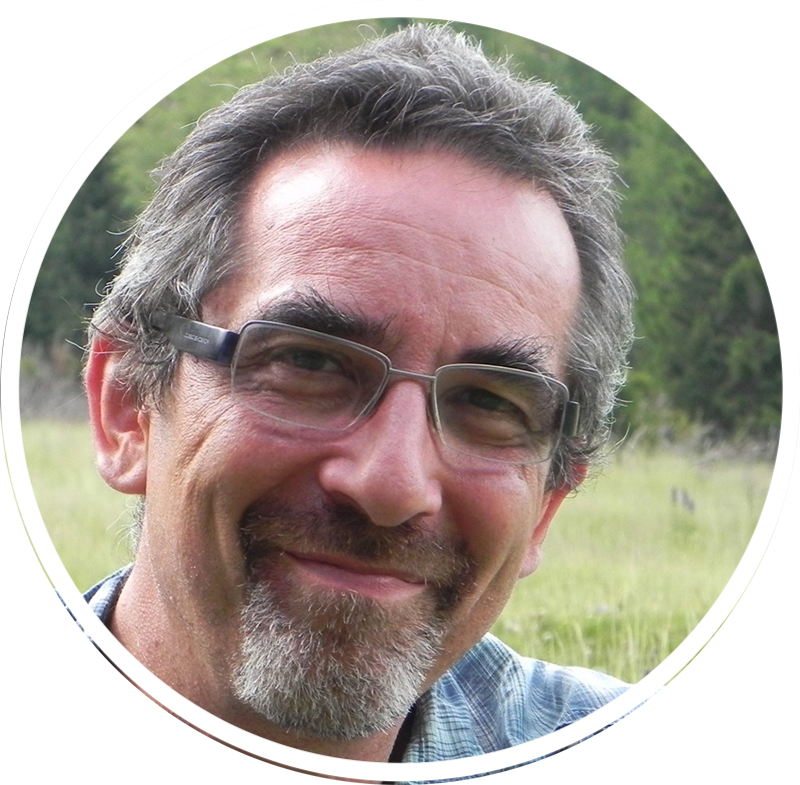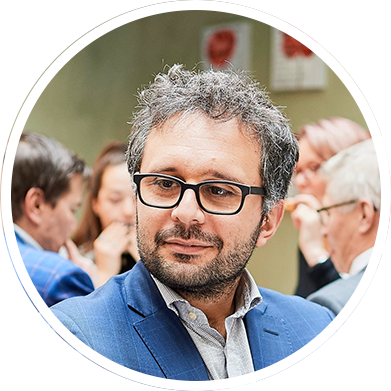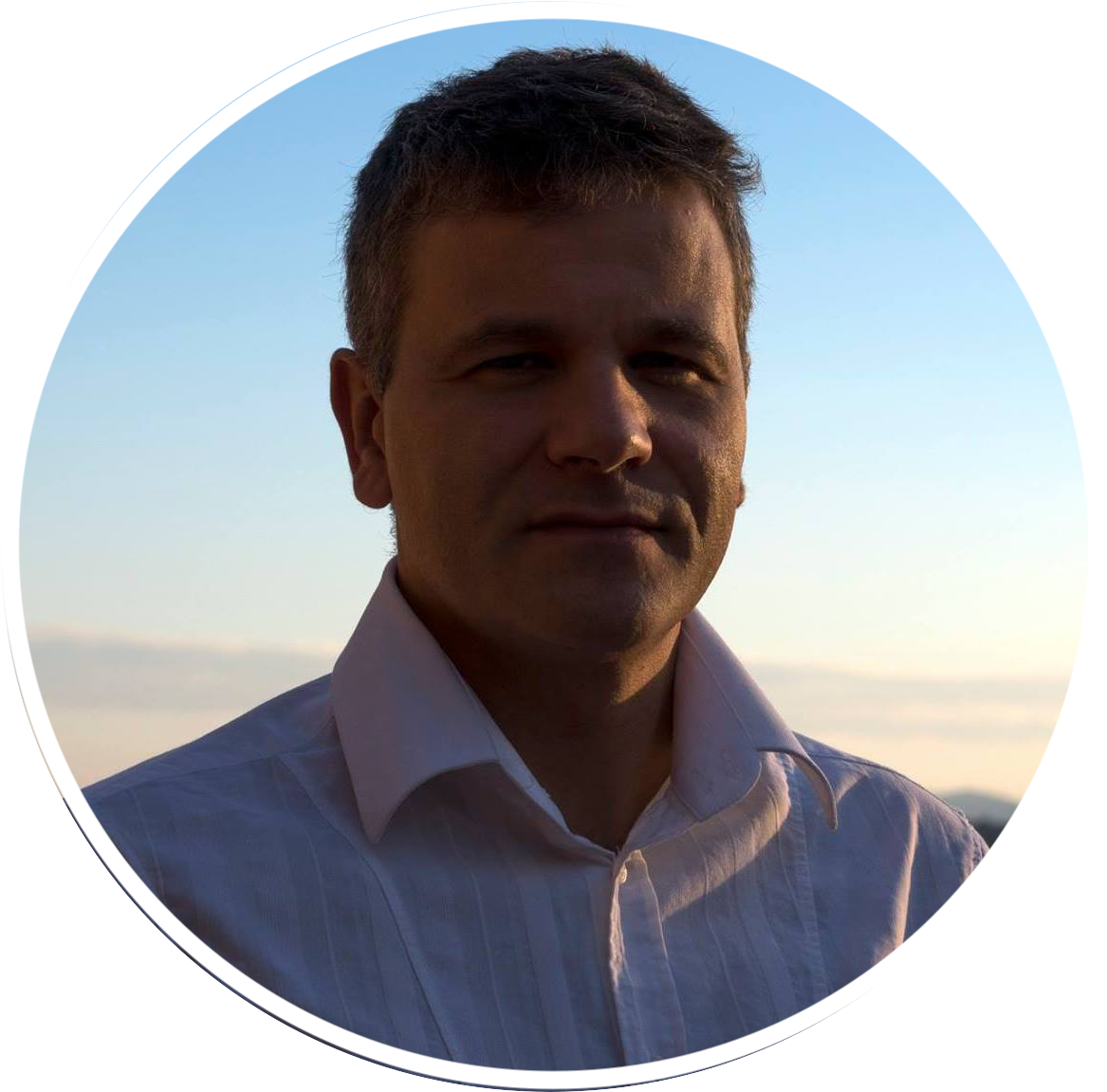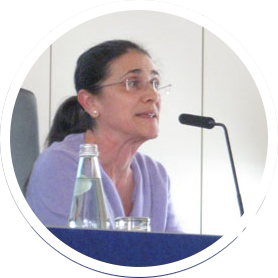An intensification of extreme meteorological phenomena like huge windstorms or extreme rain or fire events is occurring worldwide. This affects soil and
hydrogeological protection, agricultural and forest ecosystem services (including sink function, production and biodiversity), infrastructures and urban territories and sustainability of local communities, compromising the territories capability to play their part in climate change mitigation. The 2018 windstorms highlighted Alpine areas fragility. The economic costs fall on the shoulders of public stakeholders which in turn affect the investments on land management such as in forest resilience and adaptation measures. Local communities are not prepared to face extreme conditions. After the extreme event, stakeholders wait for public intervention to reestablish previous conditions highlighting the need to rethink in a holistic way the management of these territories allowing investments for more resilient landscapes with a systemic approach capable to enable risk-informed decision and planning holistic de-risking. This should start from the involvement of the key public and private problem-owners, industrial and productive compartments, the evaluation of selected ESS, the mapping and management of natural hazards for prevention purposes and focus on the insurance instruments that reduce the negative effects of extreme events. Citizen Participation and involvement of social actors is crucial to create resilient communities that adapt both their relationship with natural environment and their position in the economic/market panorama. This can be achieved by developing dedicated insurance schemes that merge the stability of ESS. This approach can be replicated and scaled in metropolitan, urban and peri-urban areas. Three ESS dimensions will be considered: Production, Protection, Recreation. Interactions between insurance companies and problem owners will be used to identify one (or more) specific Insurance schemes.










